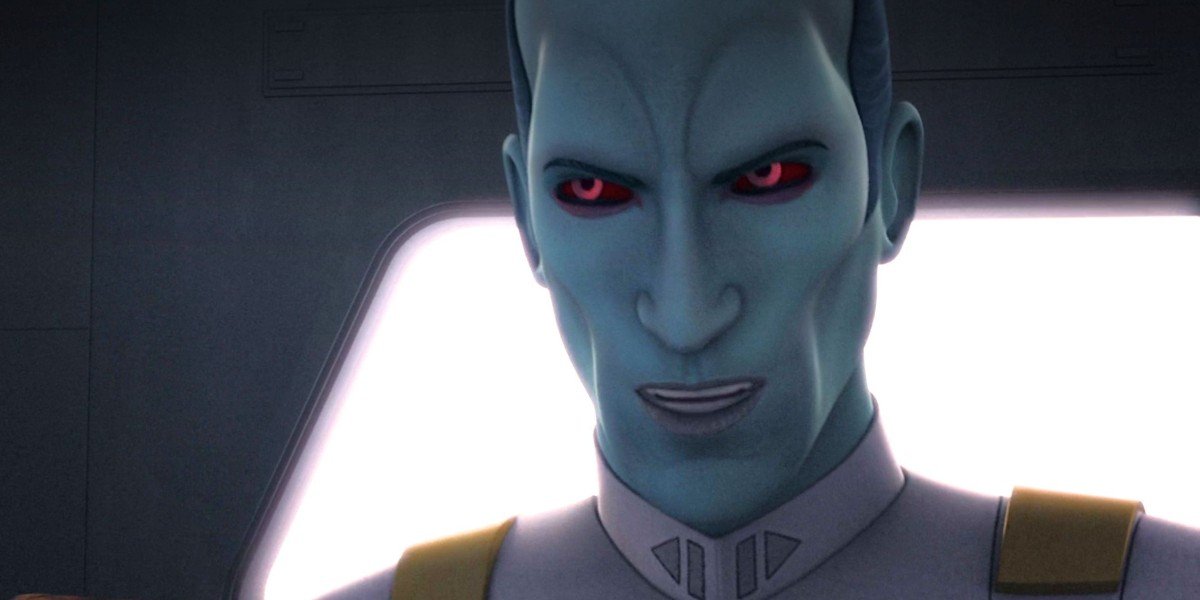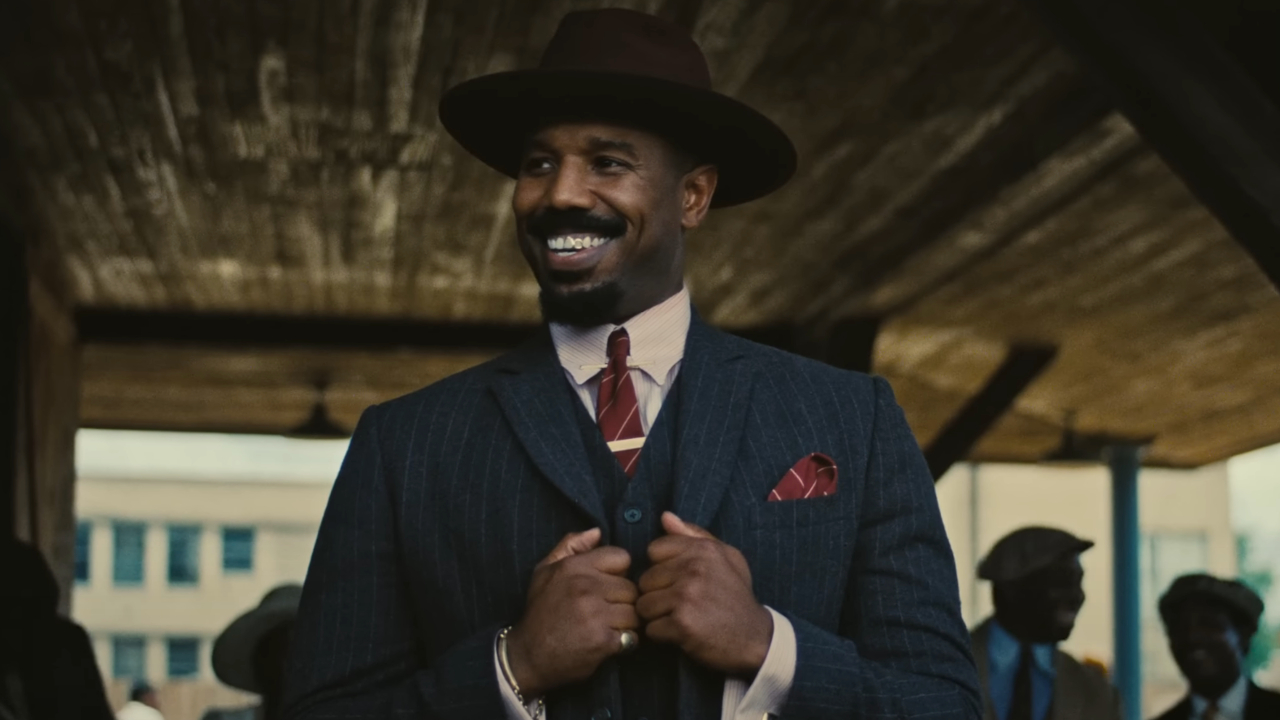Star Wars: Explaining Why Peace Is Hard To Maintain In A Galaxy Far, Far Away
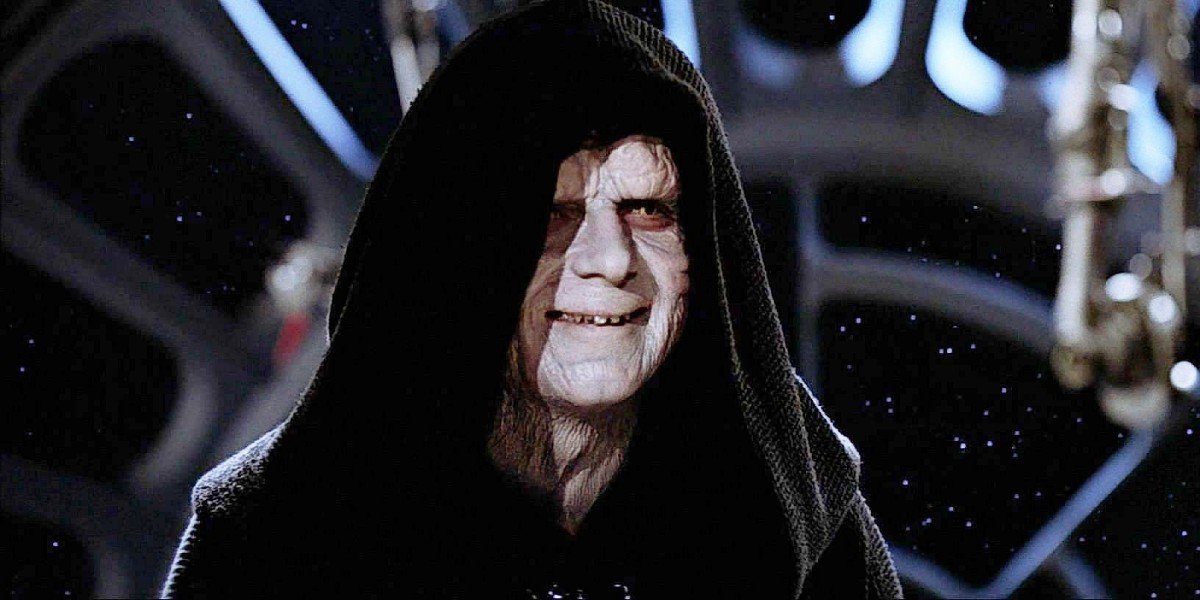
Your Daily Blend of Entertainment News
You are now subscribed
Your newsletter sign-up was successful
The Star Wars universe is always in chaos, it seems, which may be baffling to fans. After all, all the movies and Disney+ shows highlight just how oppressive and awful the Empire was, so why in the heck a few decades later has The First Order risen to prominence with the same playbook? Just how does someone screw up the galaxy so badly that literal oppression is preferred by some over a unified Republic?
To understand why peace is hard to find in the Star Wars galaxy, we really need to drill down on two events that threw the galaxy into war during the Skywalker Saga. Here's what we know about the Separatist Crisis and Rise of the First Order, and the key factors that have made peace in the galaxy so hard to maintain in Star Wars.
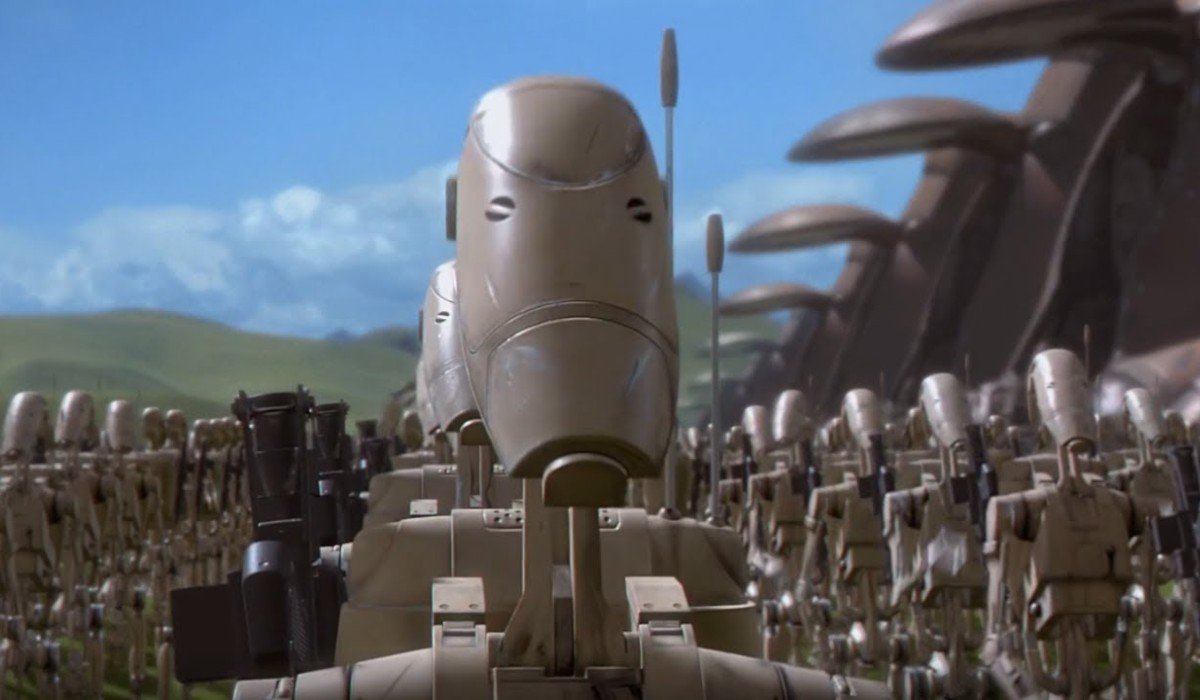
The Separatist Crisis And Palpatine, Explained
The Separatist Crisis is the event that ultimately led to The Clone Wars, which of course, led to the rise of the Empire. Most Star Wars fans know the movement was headed by Count Dooku, with Sheev Palpatine operating in the shadows as its leader, but they may not be aware of the greater conflict that led to this massive movement.
Essentially, the Republic sowed discontent amongst the galaxy due to greed. Planets part of the Galactic Trade accumulated massive wealth, which for a time incentivized nonmember worlds of the Republic to cooperate and even gain admission into the Republic. As the numbers grew, though, and nonmember worlds became increasingly spread throughout the galaxy with little value to trade, senators began to worry about the wealth of their planets being distributed to others they felt unworthy. Additionally, new members of planets felt ignored in the Senate and didn't see nearly as much value from being a part of the Republic.
Eventually, the Senate lost faith in Chancellor Finis Valorum and put Senator Palpatine in place in an effort to restore order to the Republic. Now in control of both sides of the issue, Palpatine (as Darth Sidious) had formerly respected Jedi Count Dooku denounce the Republic and begin to back coups from outer planets that sought separation from the agreement. All the pieces were in place for war, and Palpatine ensured war was what happened when granted emergency powers by the Senate.
Fast forward through the prequels, and Emperor Palpatine created a Galactic Empire that rewarded planets and those loyal to it, and quickly and violently silenced anyone who opposed. Obviously many suffered from the Empire's rule, but there were also those that benefitted from it. And with many planets scared to actually rise against the Empire and openly voice discontent, there's an argument to be made that there was more order than the Republic had trying to negotiate between planets through a largely de-militarized effort. This is important to remember because it plays heavily into how the exact same thing basically happened 30 years after the Empire's "destruction."
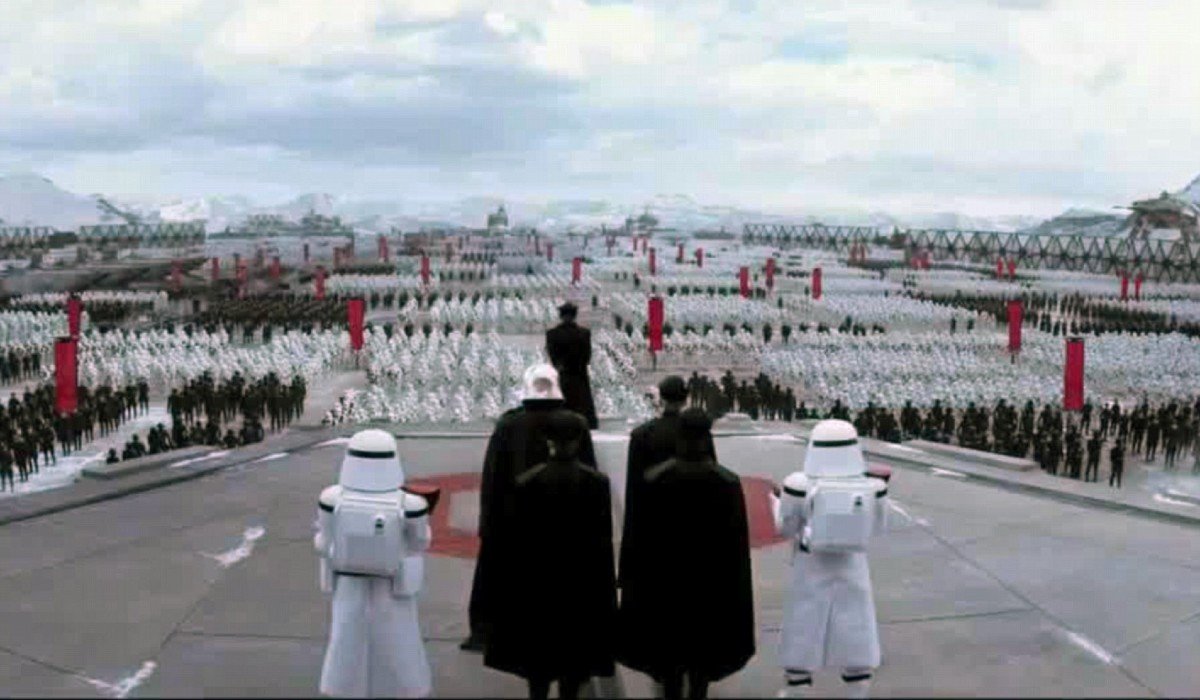
The Centrists And The First Order
Believe it or not, not everyone was too happy the Empire was disbanded in favor of the New Republic. Senators after Return of the Jedi didn't necessarily support the actions of Emperor Palpatine, but did think that a stronger authoritarian Chancellor, large standing military and even some of the programs the Empire instilled galaxy-wide were worth adopting in the new government. This was largely rejected by many in the Senate, but the ones who agreed formed their own faction called the "Centrists."
Your Daily Blend of Entertainment News
Eventually, enough Centrists banded together and formed a slim majority over the rival Populist party to create the position of "First Senator" within the New Republic. This position would split authority between the Chancellor and First Senator, with the latter having a greater say over military and economic resources. The Centrists instilled Lady Carise Sindian as the First Senator, and, of course, Leia Organa was acting Chancellor. The two were at shared power, right up until a singular event that ultimately paved the way for the rise of the First Order.
News leaked to the public that Leia was the daughter of the universally despised Darth Vader, and it destroyed her political career and crippled the Populist movement. The Centrists only rose in power further and eventually seceded from the New Republic and officially aligned themselves (and the planets they represented) with The First Order. This was, again, no mistake, as Lady Carise Sindian was an agent of the First Order. Even without that, is it any shock that a political party high on Empire ideals would side with a faction secretly run by Emperor Palpatine?
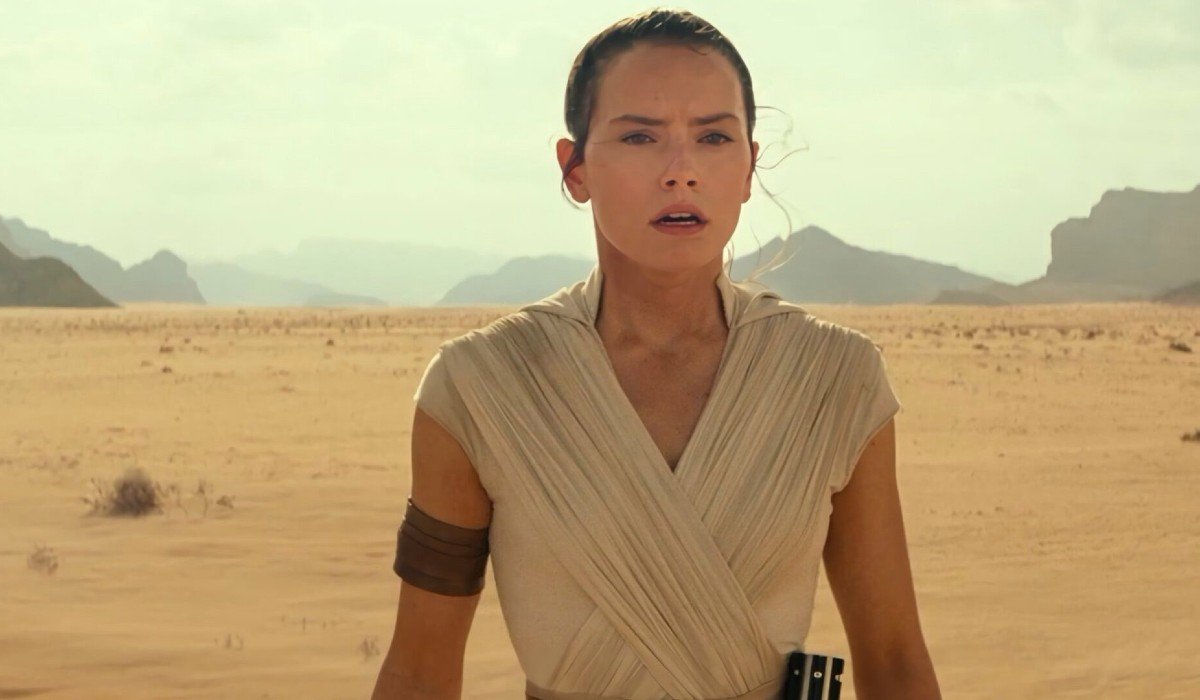
What Can We Learn From These Situations About Peace In The Star Wars Galaxy?
While Papa Palpatine can be linked to these two major collapses in the galaxy, it's worth noting that in both cases, the Republic was not strong enough on its own to withstand either of them. In fact, there's really an argument to be made that the Republic would've had failed in time because it's just too vast to adequately take control of. There are too many planets with too many conflicting interests, which made government without any military reinforcement unrealistic to sustain. Palpatine just sped the process along, in my opinion, and got super lucky because he had one of the most powerful Jedi in existence to keep him safe.
And yet, we've seen in other franchises like Star Trek that a massive organization like Starfleet can exist and maintain peace and order in the galaxy. Perhaps the military isn't the problem, but the lack of a force willing to look for the greater good to help police the galaxy? I think it's no secret that The High Republic was a time of relative peace in the galaxy and also the height of the Jedi Order. Bringing back peace could mean bringing back the Jedi, though we know the rise of the Jedi also coincides with the Sith.
Such is the way of the Force, which could mean that no amount of peace is sustainable. The best thing to do, I think, is to be prepared to combat it when it inevitably comes, a concept both versions of the Republic failed miserably at. Unfortunately, it didn't seem like Rey was all that set on ensuring the galaxy survived the next inevitable rise of evil. Basically, the galaxy is ripe for the picking once more, which in fairness makes sense because how else would we get movies without conflict?
Is the idealized version of peace impossible in the world of Star Wars? Share your opinion in our poll, and for more on Star Wars, read up on J.J. Abrams' latest thoughts on the franchise, and what he's learned from his time in it.
This poll is no longer available.
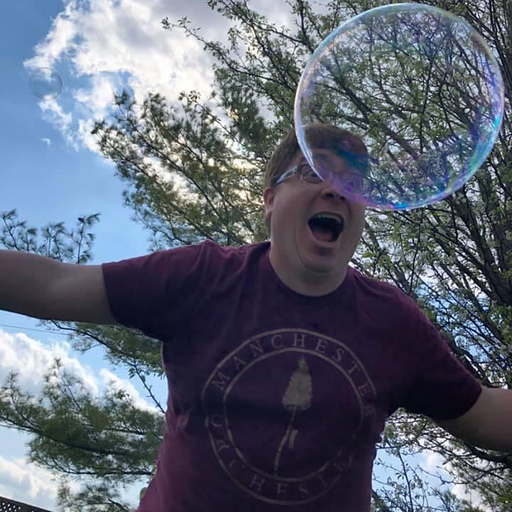
Mick Joest is a Content Producer for CinemaBlend with his hand in an eclectic mix of television goodness. Star Trek is his main jam, but he also regularly reports on happenings in the world of Star Trek, WWE, Doctor Who, 90 Day Fiancé, Quantum Leap, and Big Brother. He graduated from the University of Southern Indiana with a degree in Journalism and a minor in Radio and Television. He's great at hosting panels and appearing on podcasts if given the chance as well.
